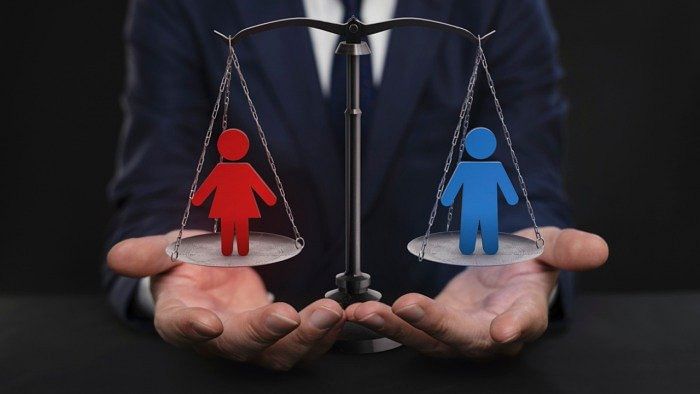
India cannot develop socially and economically if 50% of its population is not economically empowered. Representative image.
Credit: iStock Photo
India has continued its dismal performance in gender parity, with the latest Global Gender Gap Report 2024, released by the World Economic Forum, ranking the country at 129th place out of 146 countries. India has fallen two places from last year and with a score of 64.1% on parity, it is well below the global average. In the economic parity and opportunity sub-index, it finds itself at the 142nd position, one of the lowest globally. It is ranked 120th on wage equality for similar work, with women earning an average of Rs 39.8 for every Rs 100 that men earn.
Two rare positives are in the matter of school enrolment and political empowerment, but they do not translate to real-life benefits for women. Enrolment drops sharply in the higher stages of school. Other emerging countries such as South Africa, Brazil, Vietnam, and China are ranked much higher. Bangladesh, Nepal, Sri Lanka, and Bhutan are ranked higher than India. In South Asia, only Pakistan is behind India with a rank of 145.
The biggest social and economic issue that pulls India down is gender inequality. Every internal survey has shown this. The Periodic Labour Force Survey (PLFS) outcomes have shown that the female labour force participation rate (LFPR) is around one-third of the male LFPR. Recently, there was some increase in it but that is more negative than positive. The rate increased because more women started doing distress-led livelihood jobs in family enterprises.
Their share in regular employment went down. Much of the women’s work is unpaid and is invisible. There is no point in disputing the rankings saying that there is a prejudice against India, and that the methodology is wrong. The yardstick is the same for all countries, and the outcomes agree with the results of internal surveys and our observations and experiences.
India cannot develop socially and economically if 50% of its population is not economically empowered. Women account for only 18% of India’s GDP. Bridging the gender gap in employment can lead to a 30% increase in the GDP. But that can happen only if there are major changes in education, health, social attitudes, and economic strategies. It should be noted that half of the expected demographic dividend should come from women in the next few years, but the country has not started investing in them yet. The poor commitment to the cause of women can be seen in the hypocrisy shown when it comes to the Women’s Reservation Bill. No political party is sincere about it, and in a country driven by patriarchal politics, women are always left behind.